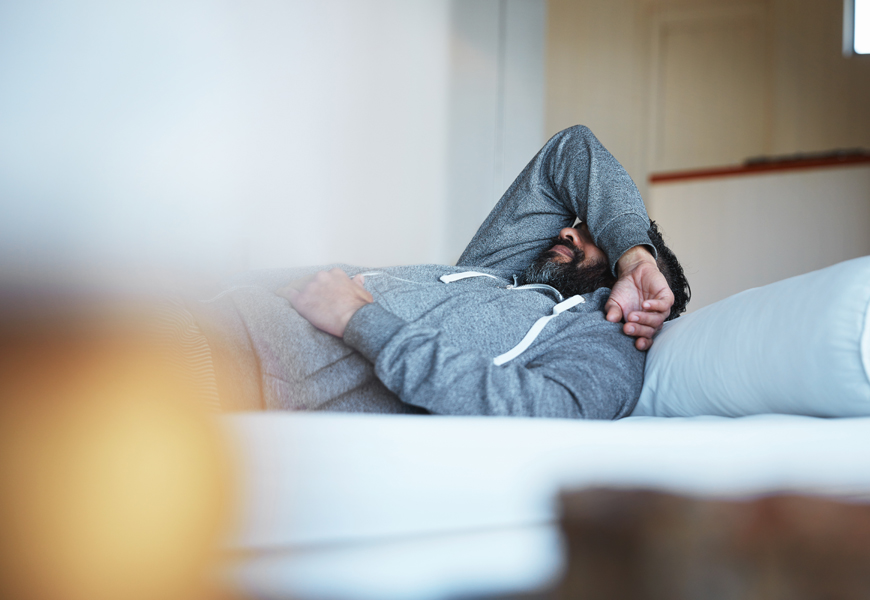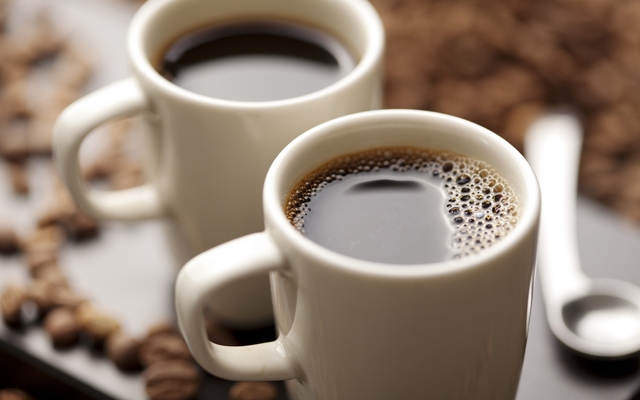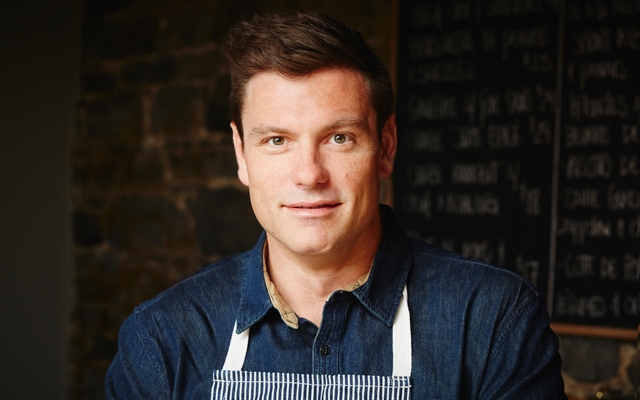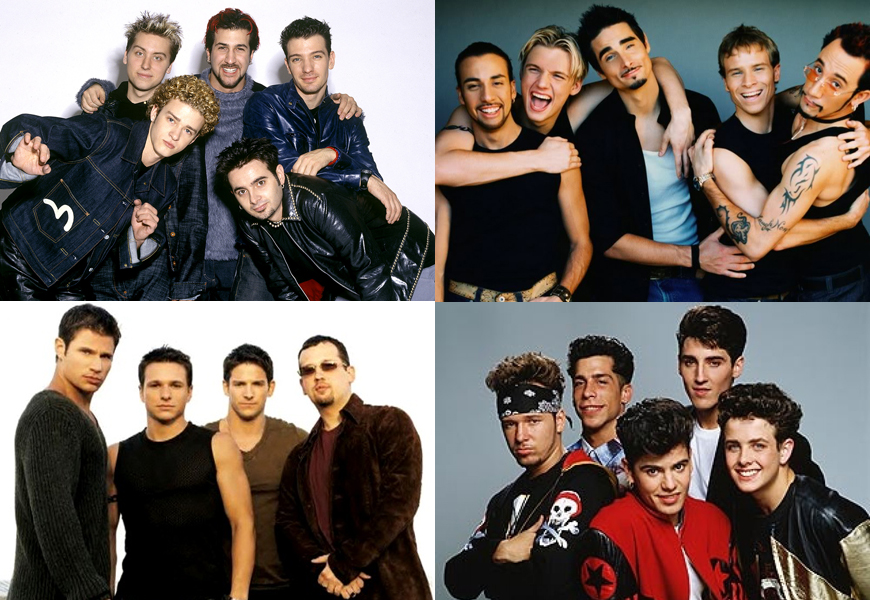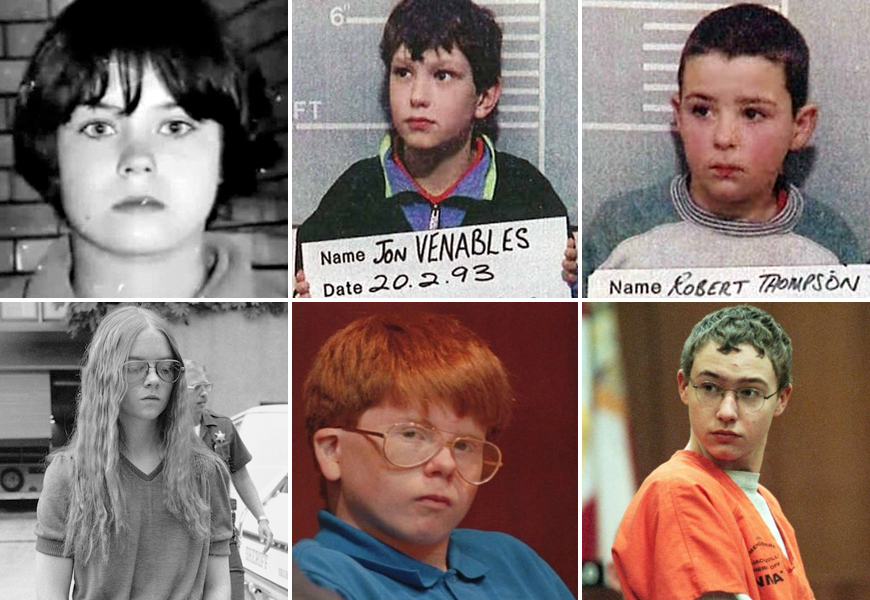If you’re a person who is known to drink alcohol from time to time, you’ve most likely had one or two of those “I’m never drinking again” moments in your lifetime. They probably didn’t deter you much when you were younger—in fact, you most likely had no problem going to work hungover and then repeating the same mistakes all over again the following weekend. Eventually we all realize that a night of drinking is usually not worth the pain the next day.
Some people adjust what they’re drinking—less sugar, more water in between drinks. Others give themselves a drink limit and rarely go past it. So in a sense, your hangovers might become less severe as you get older because you learn how to manage your alcohol consumption a little better. At least, that’s how it seems until you go slightly overboard one night and are rewarded with what seems like the worst hangover of your life (it probably isn’t, but that’s what it feels like).
The theory that you can permanently damage your liver with all the binge drinking you did in your youth is not a complete myth. A study done by UC San Francisco found that just 21 binge drinking sessions was enough to cause symptoms of early stage liver disease. If you were a typical college student, you most likely exceeded that number of binge drinking sessions in a single school year. The difference back then was that you could do it more often without feeling like absolute death the next day. But why?
As you get older, your body’s processes are becoming less efficient. You don’t recover from illness or injuries as quickly, your skin is changing, and you’re starting to notice your digestion isn’t the same as it used to be. The same thing happens with your body’s ability to metabolize alcohol.
While things like dehydration, excessive sugar, and mixing different types of alcohol all get a bad rap for causing the worst hangovers, it’s likely that acetaldehyde, one of the toxins created when your liver metabolizes alcohol, is actually the main culprit. As you age, your body is less able to produce the enzymes needed to break down that toxin, so you’re left with symptoms like sweating, nausea, and vomiting for longer.
A saying like “beer before liquor, you’ve never been sicker. Liquor before beer and you’re in the clear” is actually a myth because how much you drink is what really counts no matter what it happens to be. So yes, those tequila shots at the bar were probably ill advised, but not because you started your night out with a couple pints. Without the shots, you would have consumed less alcohol overall and therefore, your liver wouldn’t have had to work so hard.
Your best defence against brutal hangovers—and the one advantage you have over your younger self—as you get older is your experience. By now, you know what drinks cause you the most discomfort the next day (you’re familiar with the white wine headache), what you should eat before an evening of drinking, and that drinking water throughout the night can actually make a big difference.
Add that to the fact that you probably don’t have the time to waste lying in bed for an entire day, and you’re a lot less likely to even choose to drink excessively. Use all that wisdom to make smarter drinking decisions and you can find a way to make hangovers a distant memory.

